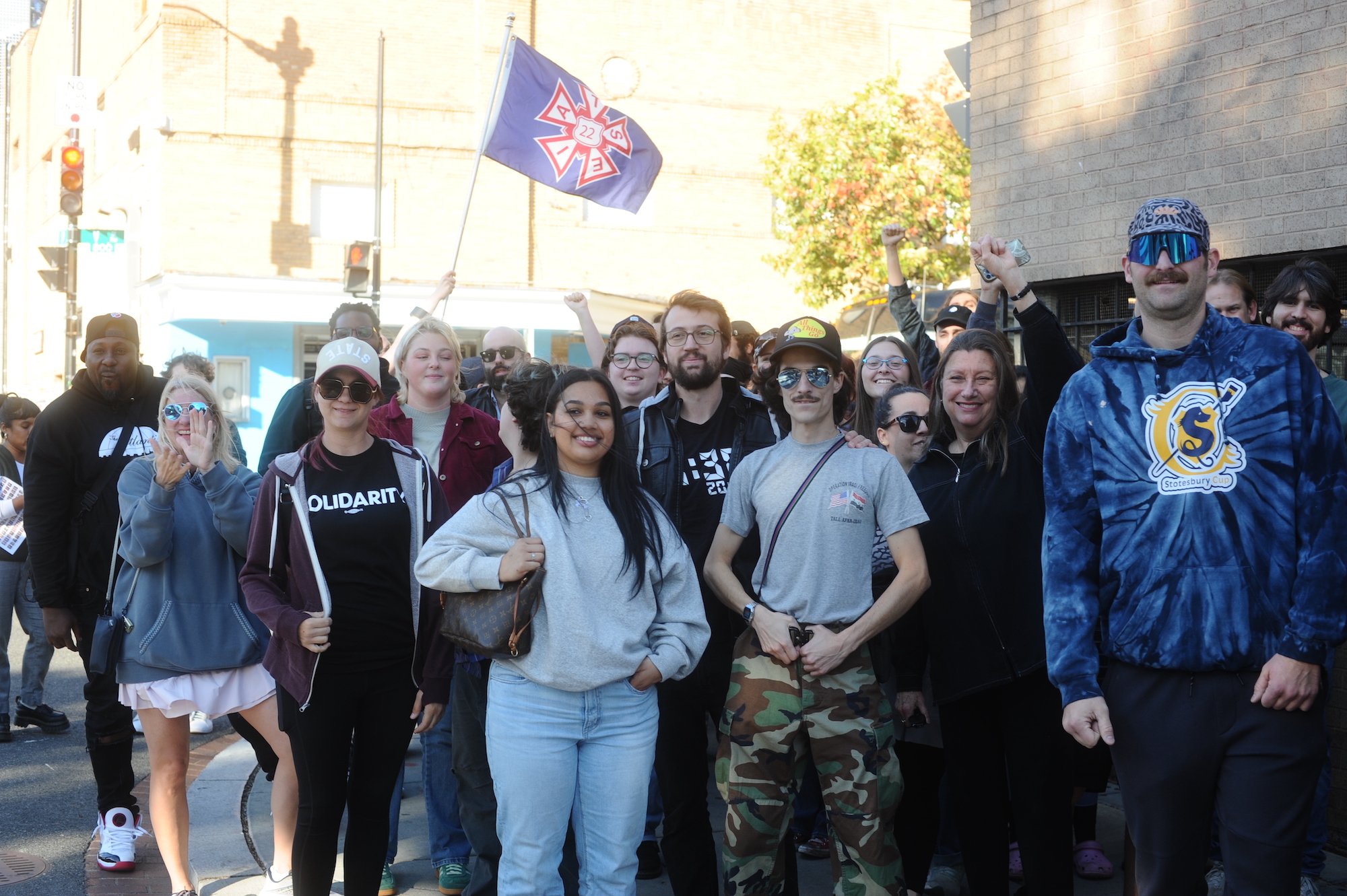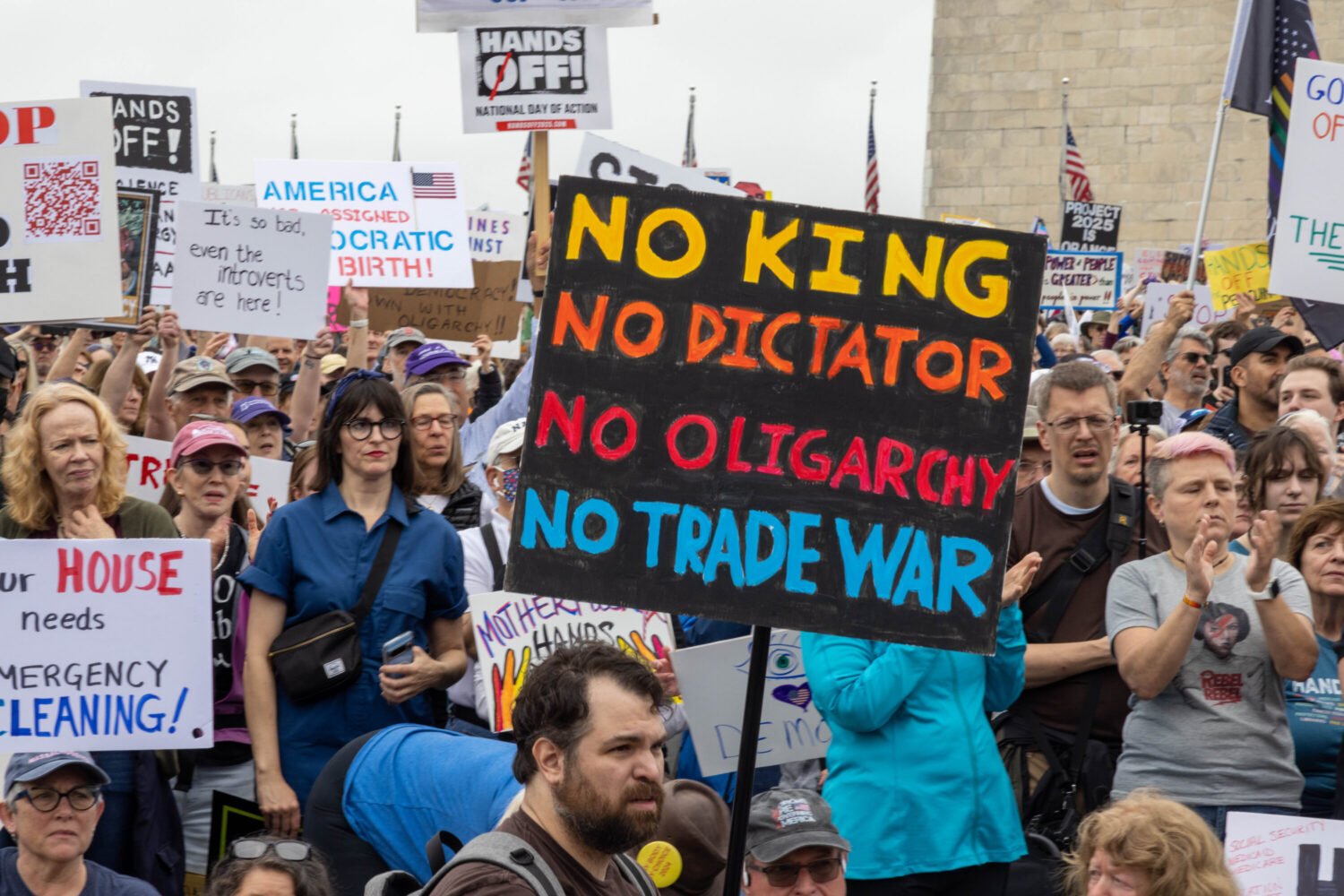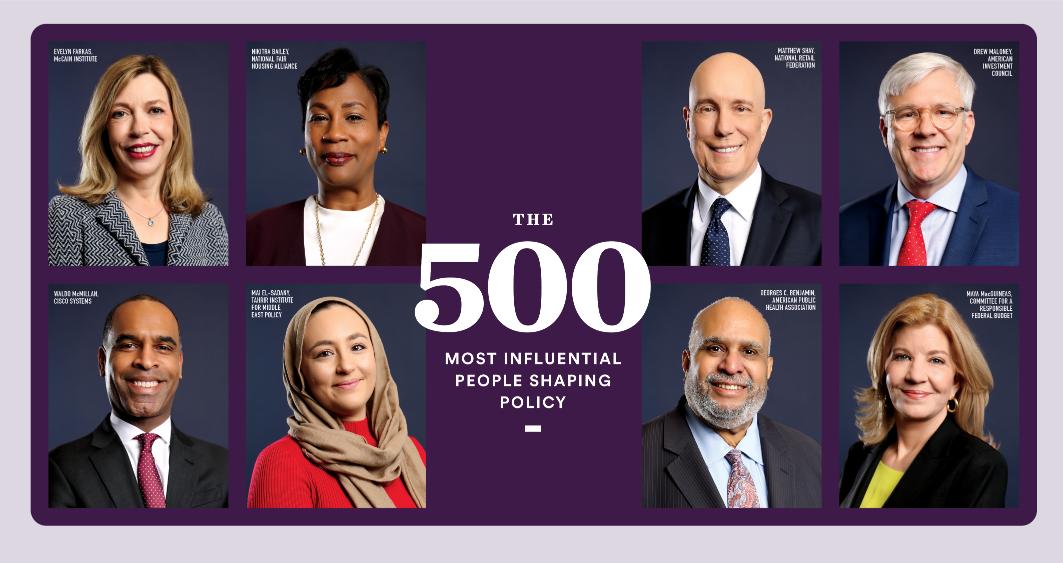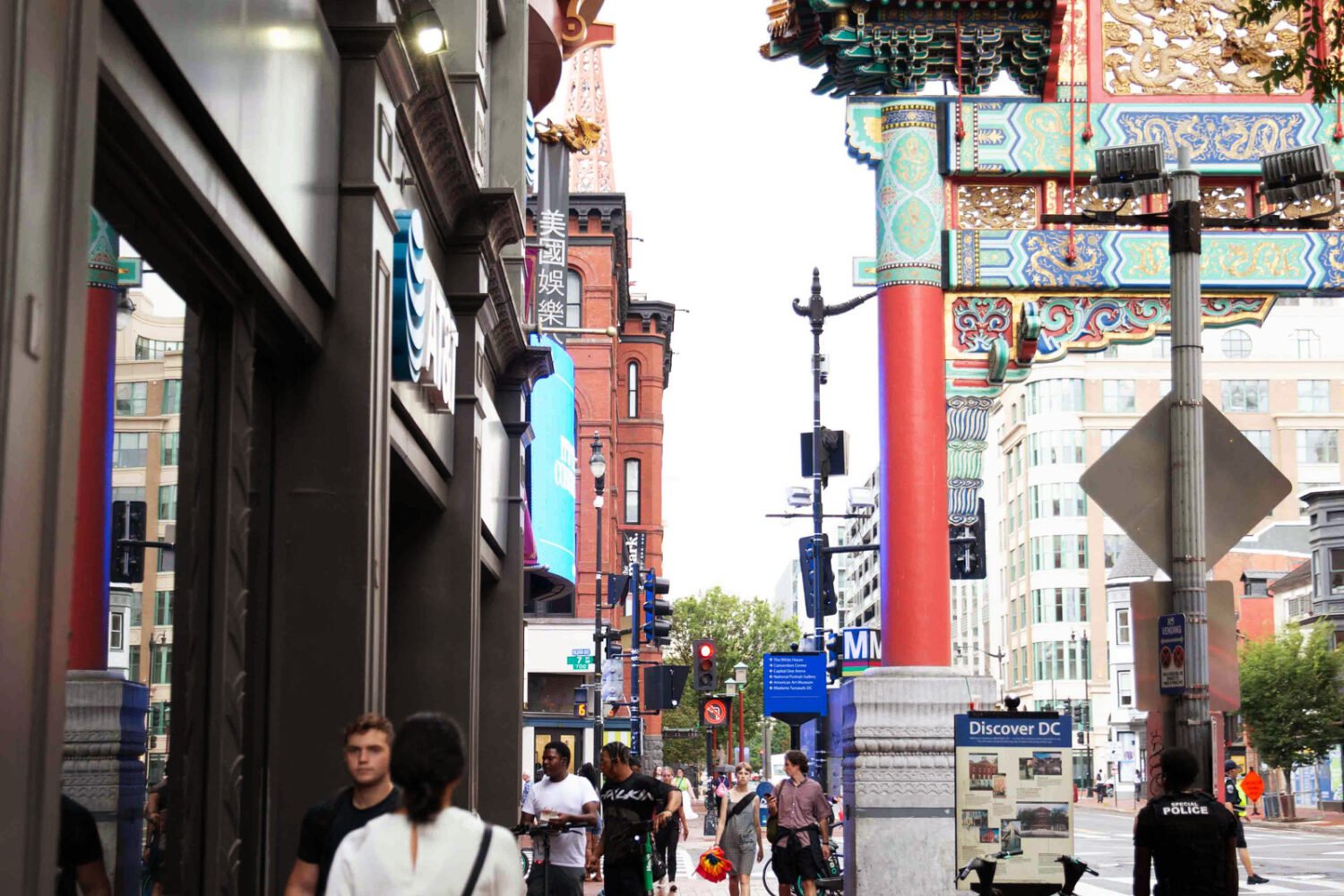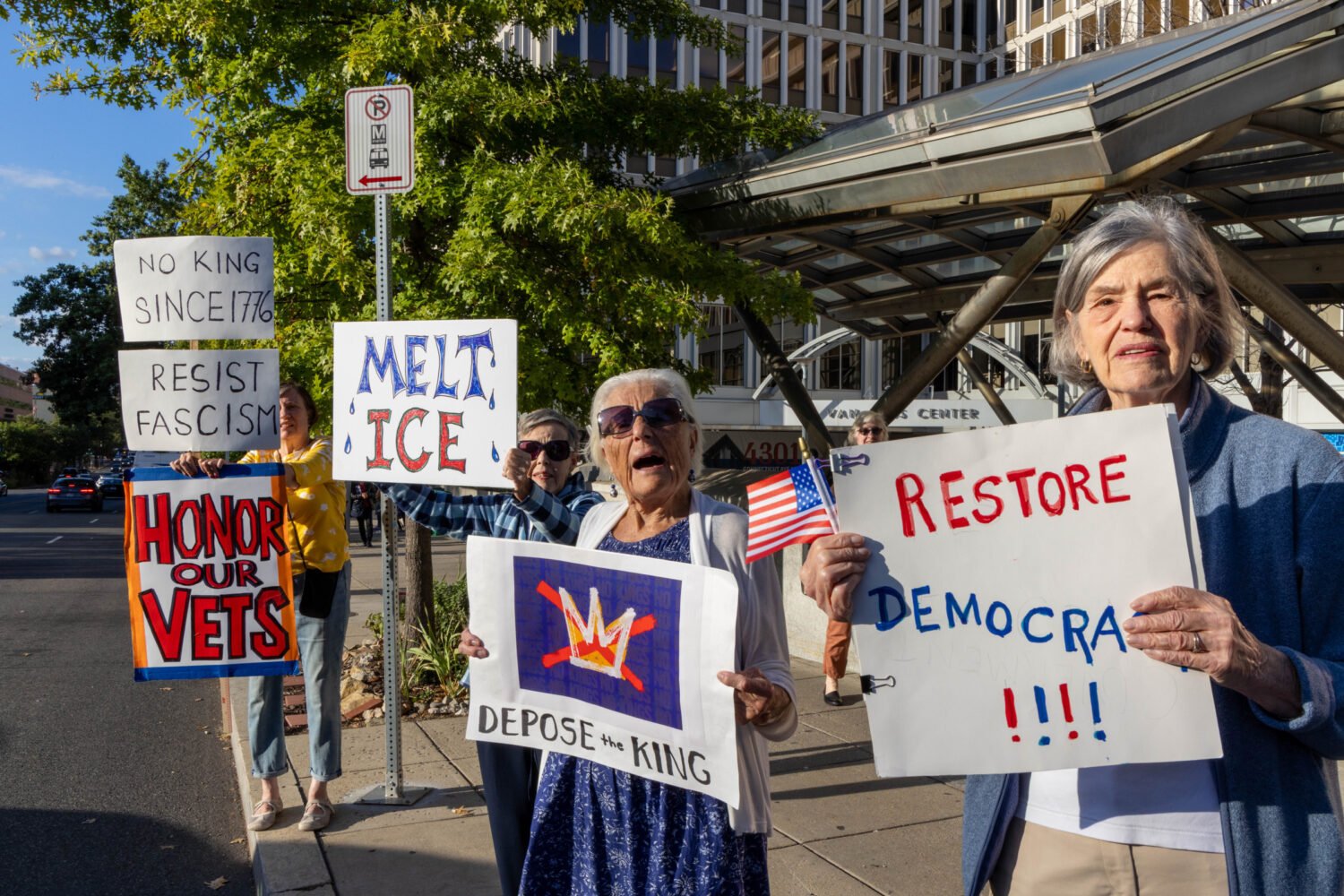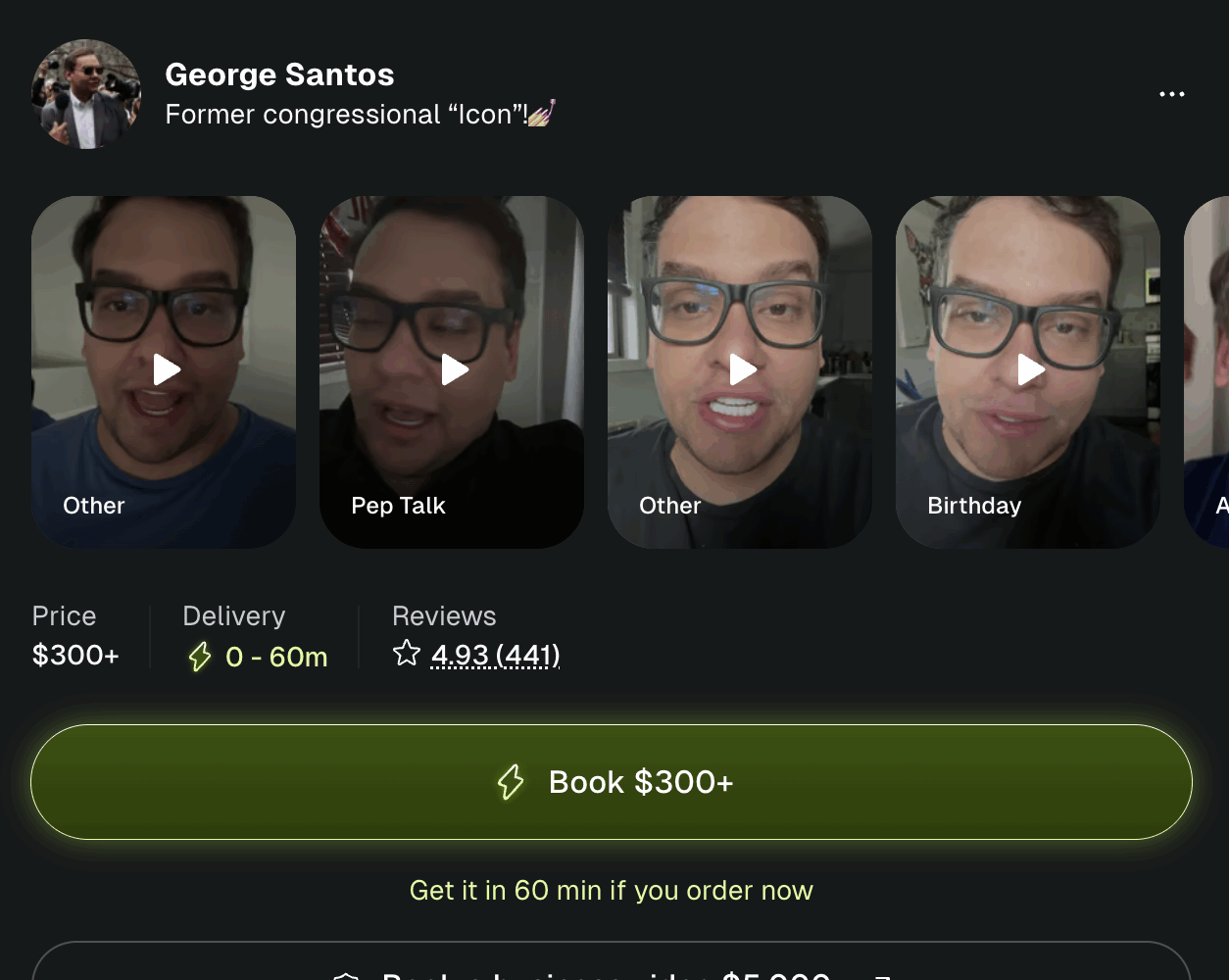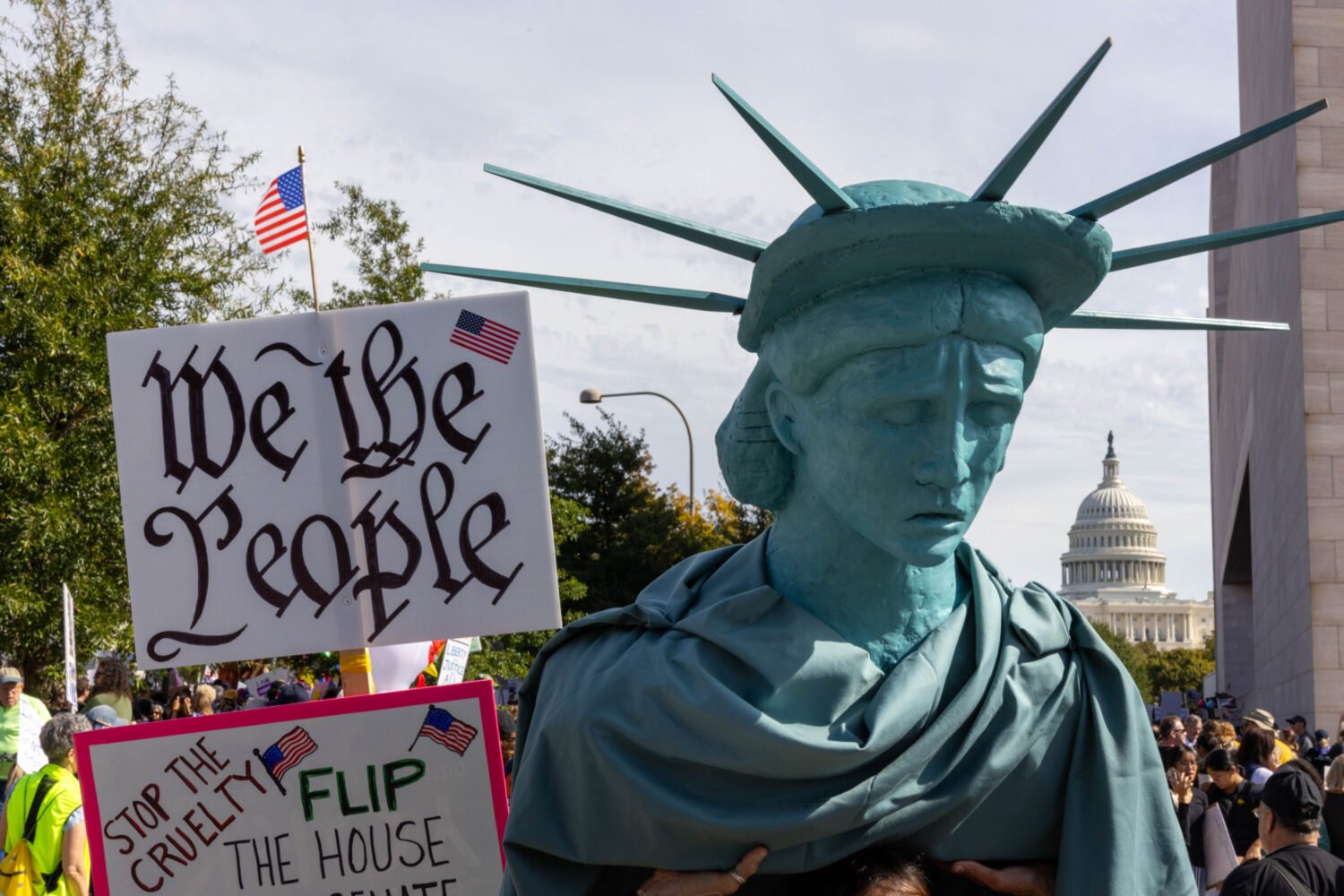DC’s music venues—especially legendary all-ages clubs like the 9:30 Club—make our city a favorite stop for many a touring band. They also hold a special place in the hearts of local musicians.
So after workers across the 9:30, the Anthem, the Atlantis and Lincoln Theatre took steps toward unionizing this week, it didn’t take long for a letter from high-profile musicians expressing solidarity to make its way to the desk of Seth Hurwitz, whose company I.M.P. owns or operates those venues.
The letter’s 338 signatories—many of whom have played at I.M.P.’s venues—include Rage Against the Machine’s Tom Morello, Neko Case, MJ Lenderman, and members of Fugazi and Animal Collective.
“I.M.P. employees work hard to make events at these venues a safe and enjoyable experience for performers and concertgoers alike,” the letter to Hurwitz reads. “Workers deserve to improve their working conditions, including fairer wages and more safety training.”
The labor organizing process is still in its early stages. Employees delivered petitions to I.M.P.’s management, signed by about 70 percent of the more than 300 eligible employees, calling for a card check agreement. That process requires more than half of the eligible employees to sign anonymous cards agreeing to unionize. If they do, I.M.P. must recognize them.
Fugazi’s Guy Picciotto and Joe Lally signed the letter to I.M.P., as did Julia Holter, Alynda Segarra of Hurray for the Riff Raff, Sophie Allison of Soccer Mommy, Greta Kline, Luke Stewart, Ted Leo, and members of Snail Mail, Bratmobile, Flasher, Ekko Astral, Water From Your Eyes, Downtown Boys, Lemon Twigs, Teen Suicide, and Galaxie 500.
Picciotto decided to sign the letter after learning that a large majority of eligible workers wanted the card check agreement.
“To be clear, I have always had great experiences playing at the 9:30 Club from the age of 17 on, so my signing is in no way an indication of how I feel about I.M.P. or any of the people in management there,” Picciotto wrote in an email. “It’s more that I simply believe in unions— in this incredibly unbalanced economy they are one of the only ways to exert collective leverage to achieve more equitable conditions.”
I.M.P. began with Hurwitz booking punk shows at the 9:30 Club and other scrappy venues in the ‘80s. It has since grown into DC’s major live indie music promoter, taking over booking at Merriwether Post Pavilion in 2004, the Lincoln Theatre in 2013, and opening the Anthem and the Atlantis in 2017 and 2023, respectively. If you see live music in DC, you’ve likely had your ticket checked and your beer poured by I.M.P. employees.
Those employees cited persistently low wages, lack of healthcare for many, slashed perks, and safety concerns among their reasons for moving to unionize. Many I.M.P. employees are paid $18 per hour, while performing hard work like lifting heavy objects and managing crowdsurfers.
The last straw, some employees say, came when I.M.P. revoked the privilege of a free end-of-shift drink for staff in March.
“It was more the principle of it, that we no longer had access to the back bar area,” says Lee Reber, a stagehand and audio engineer at I.M.P. “I’m not particularly a drinker, but I do appreciate having the space to commune with my coworkers after a long day.”
Door staff, bartenders, and food vendors at 9:30, the Lincoln Theater, and Atlantis are organizing through Unite Here Local 25. Stagehands, and sound and lighting technicians at those venues—plus the Anthem—would join IATSE Local 22. Box office workers at all four venues would belong to a separate IATSE local. At Merriweather Post Pavilion, DAR Constitution Hall, and other large venues where I.M.P. often books shows, production crews are already unionized.
Audrey Fix Schaefer, I.M.P.’s head of communications, said in a statement that the company “look[s] forward to a robust dialogue” with Unite Here and IATSE.
“While we have not yet been fully informed of the positions the unions plan to present, we fundamentally believe in their right to exist and to our employees’ rights to collectively bargain,” Schaefer wrote.
Erin Frisby, a local musician and DMV native who helped organize musicians to support the I.M.P. employees, said they were encouraged at the prospect of hospitality and production jobs in the music world that could provide better pay and real stability for workers in an expensive city.
“We all love to go out and lose ourselves in a night of music,” Frisby says. “These are the people who make it happen.”

